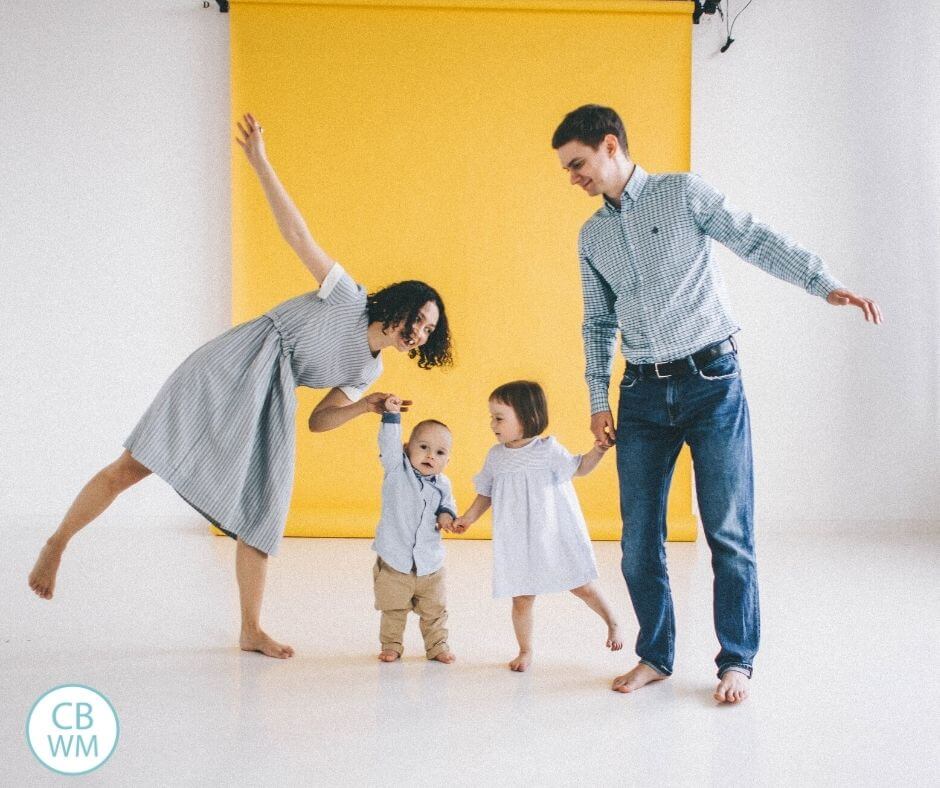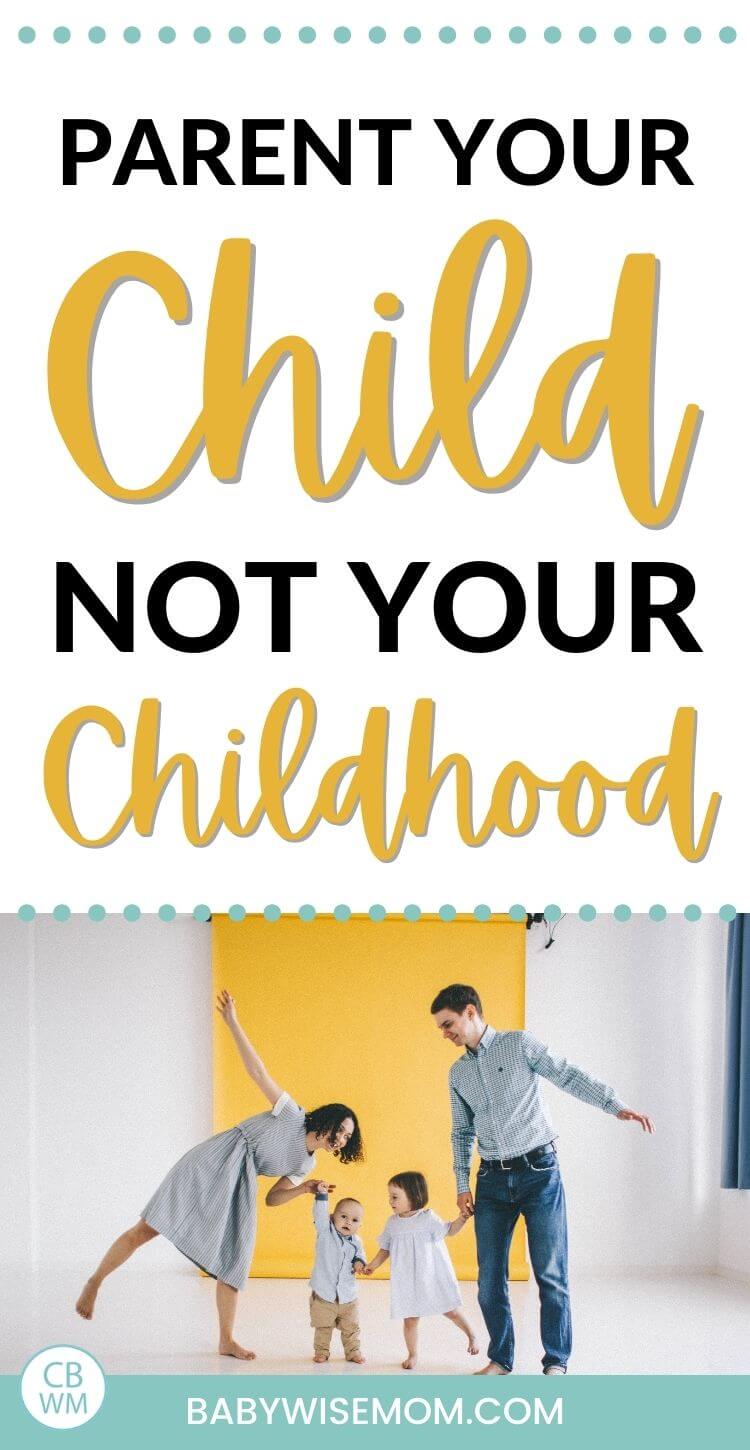We want to give our children every opportunity, but we need to be sure we give them what they need and not what we wished we had as kids.

When I was a little girl, I always wanted a Little Tykes cozy coupe car. But alas, I never got one. But you know who has one?
McKenna.
When my husband was a little boy, he always wanted Nerf guns to play with his dad in the backyard. Again alas, he never got them. Guess what is on his list to get for Brayden this year…
When my Mom was a little girl, she wanted stuffed animals. They were far too poor to afford such things.
Do you know what I had a (high) surplus of? Yep. Stuffed animals.
This is a simplistic way that we, as parents, parent our childhood rather than our child.
In On Becoming Childwise
“Many parents do, unfortunately, parent in response to their own unresolved childhood fears, conflicts, and disappointments”.
(page 22)
Did you always wish you were a superior athlete? A smart kid? A musician?
Did you feel unpopular? Did you always wish you had name-brand clothing?
If so, you might find yourself pushing sports at age three, starting tutoring at age four, flute lessons at age two, compromising your values for the sake of popularity, or spending money you don’t have on clothes.
If you didn’t love your childhood, you might find yourself parenting in extreme opposite to how you were parented.
The converse can also happen. Maybe you loved your childhood. Maybe you had great friends and felt good enough at what you did. Maybe you had an area (or areas) you excelled in.
If this is the case, you might decide what your parents did worked great and simply mimic what they did. You might also have a hard time watching your child be an “average” student since you were always at the top of the class.
Part of this is normal. Maybe all of it is normal.
We want to improve the lives of our children. This has been going on for generations. Countless parents throughout history have even given their lives to make life better for thier children.
No sacrifice is too great.
We want more for our children than we had. And that isn’t necessarily a bad thing. It is good to improve life. It is good to want joy and the best for our children.
The problem arises when we mistakenly think certain “things” bring joy. We place our emphasis and efforts on “things” rather than character.
There is also a problem when we ignore who our child is as an individual. “Things” don’t bring joy. They might bring fleeting happiness, but not long-term joy.
Nor does working so hard at a sport you aren’t even that interested in order to be the best bring joy.
Also, your child is not you in any way. Sure, he looks like you and he has some of your quirks, but he isn’t you.
The world today is very, very different than it was when you were growing up. Whether you think your parents did a poor or perfect job raising you, it is a mistake to blindly do the opposite of what they did or the exact image of what they did.
They were raising you, not your child, and doing so in a very different world.
Not that it is bad to emulate the things that worked, but you always need to take a step back and think your rules, policies, and actions through.
There is another tricky part to this situation. Don’t avoid projecting your own desires on your children so much that you miss providing opportunities they might love.
If you were an athlete in school, but want to avoid projecting yourself on your child, you might avoid introducing sports to your child. You don’t want to push him.
You might wait to sign her up for sports until she asks for it. This isn’t necessarily the exact right way to go for all children.
Remember that your child isn’t aware of every opportunity out there. She might not know soccer is even an option. She might then start to play at 10 and wish she had started at 7.
It is okay to try things out. Just don’t force your child to do something long-term.
So as you raise your children, be careful that you parent him in the way he needs it.
Not the way you wished it could be or even in the way you loved being raised.
Yes, take the good from your parents and consider it.
Yes, evaluate the bad from your parents and make sure it really was “bad” and not just “annoying” from a child’s perspective.
And don’t go so extreme on this advice that you don’t offer opportunities at all.
And then here is another trick. You need to do this for each of your children individually. Remember, parent your child. That is singular.
You can’t have a “one-size-fits-all” parenting method for the entire family. But that is a whole other post topic…
Related Posts
- How To Build a Strong Relationship with Your Kids
- 3 Ways to Show Your Child Unconditional Love
- How To Be an Authoritative Parent
- How to Keep Siblings in the Funnel


Great post, Val. It really puts things into perspective. Thanks.